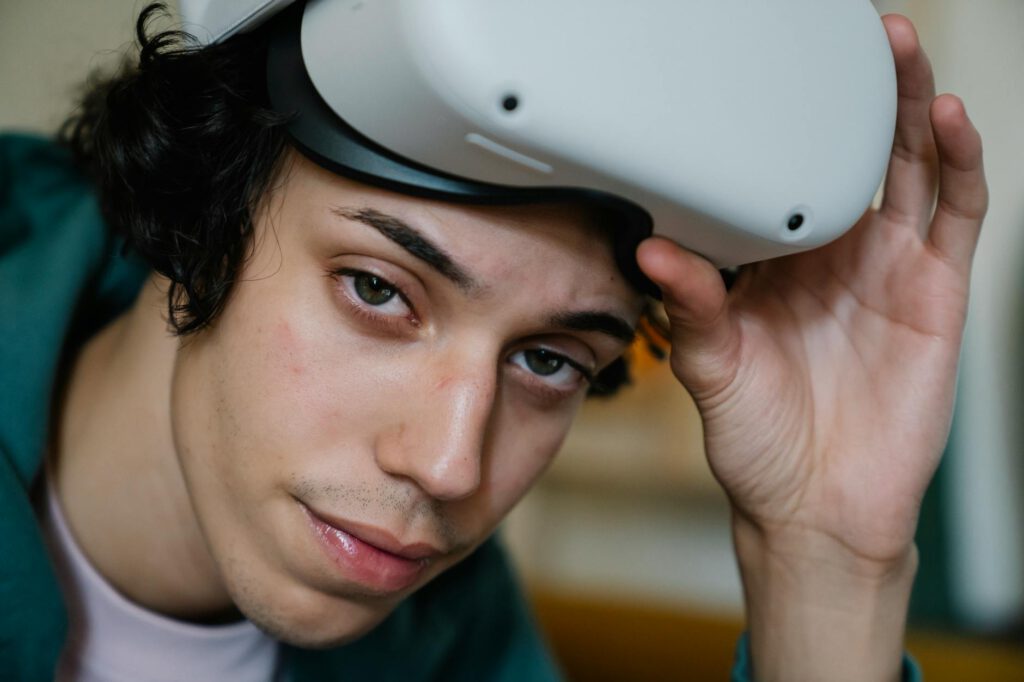Introduction
Solopreneurship offers freedom, flexibility, and control—but it can also be isolating. Without colleagues to bounce ideas off or vent to, loneliness and stress can creep in, affecting productivity and mental well-being. Traditional therapy is valuable, but not always accessible due to cost or time constraints. Enter AI chatbots: a free, 24/7 conversational partner that can provide emotional support, guidance, and even cognitive behavioral techniques.
While AI chatbots aren’t a replacement for licensed therapists, they serve as an accessible first step for solopreneurs needing quick emotional relief, self-reflection prompts, or just someone (or something) to talk to. This article explores how solopreneurs can leverage AI chatbots as a mental health tool, the best strategies for meaningful interactions, and key limitations to keep in mind.
The Rise of AI Chatbots in Mental Wellness
AI chatbots like ChatGPT, Woebot, and Replika are increasingly used for mental health support. They employ natural language processing (NLP) to simulate human-like conversations, offering empathy, coping strategies, and even mindfulness exercises. For solopreneurs, these tools can:
- Provide instant emotional support during stressful workdays.
- Help reframe negative thoughts through guided questioning.
- Offer structure for self-reflection and goal-setting.
A 2022 study in JMIR Mental Health found that AI chatbots reduced symptoms of depression and anxiety in users who engaged with them regularly. While they can’t diagnose or treat severe conditions, they act as a supplemental resource—especially for those who can’t access traditional therapy.
How AI Chatbots Mimic Therapeutic Techniques
1. Active Listening and Validation
AI chatbots are programmed to recognize emotional cues and respond empathetically. For example:
- User Input: “I’m overwhelmed with client deadlines and feel like I’m failing.”
- Chatbot Response: “That sounds really tough. It’s normal to feel overwhelmed when juggling multiple responsibilities. Would it help to break tasks into smaller steps?”
This mirrors therapeutic validation, helping users feel heard and reducing emotional distress.
2. Cognitive Behavioral Techniques
Many AI chatbots use principles of Cognitive Behavioral Therapy (CBT) to challenge negative thought patterns. For instance:
- User Input: “I’ll never succeed as a solopreneur.”
- Chatbot Response: “What evidence do you have for that thought? Have you overcome similar challenges before?”
By prompting users to examine their thinking, chatbots help reframe unhelpful beliefs.
3. Guided Problem-Solving
Chatbots can assist with practical stressors, like time management or decision fatigue:
- User Input: “I can’t prioritize my tasks.”
- Chatbot Response: “Let’s list your top three priorities. Which one aligns with your long-term goals?”
This structured approach helps solopreneurs regain control.
Best Practices for Using AI Chatbots Effectively
To maximize AI chatbots as a mental wellness tool, solopreneurs should:
1. Set Clear Intentions
Define what you need from the interaction:
– Venting vs. problem-solving.
– Emotional validation vs. actionable advice.
Example prompt: “I need help calming my anxiety about an upcoming project. Can you guide me through a grounding exercise?”
2. Use Open-Ended Prompts
Avoid yes/no questions to encourage deeper reflection:
– Instead of: “Is solopreneurship stressful?”
– Try: “How can I manage the loneliness of working alone?”
3. Combine with Other Tools
AI chatbots work best alongside:
– Journaling apps (e.g., Day One).
– Meditation tools (e.g., Headspace).
– Peer support groups (e.g., online solopreneur communities).
4. Recognize Limitations
AI chatbots lack human intuition and can’t:
– Provide crisis intervention.
– Replace professional therapy for trauma or severe disorders.
If emotions feel unmanageable, seek licensed help.
Top AI Chatbots for Solopreneur Mental Health
- ChatGPT (Free & Paid) – Versatile for general support, brainstorming, and self-reflection prompts.
- Woebot (Free) – Specializes in CBT techniques for anxiety and depression.
- Replika (Freemium) – Acts as a personalized AI companion for daily check-ins.
- Youper (Freemium) – Combines AI chat with mood tracking and mindfulness exercises.
Tip: Test multiple chatbots to find one that aligns with your communication style.
Frequently Asked Questions
1. Are AI chatbots confidential?
Most chatbots anonymize data, but avoid sharing highly sensitive information. Review the platform’s privacy policy.
2. Can AI chatbots replace human therapists?
No—they’re best for mild stress or loneliness. Severe issues require professional care.
3. How often should I use an AI chatbot?
Daily check-ins can help, but balance with human interaction when possible.
4. What if the chatbot gives unhelpful advice?
Rephrase your prompt or switch tools. AI isn’t perfect, but iteration improves responses.
Conclusion
Loneliness and stress are common challenges for solopreneurs, but AI chatbots offer a free, accessible way to cope. By leveraging their therapeutic techniques—active listening, CBT reframing, and problem-solving—solopreneurs can mitigate isolation and maintain mental clarity.
Remember, AI is a supplement, not a substitute, for human connection or professional therapy. Use it as a stepping stone to build resilience, then seek deeper support when needed. In the demanding world of solopreneurship, even small tools can make a big difference in staying mentally healthy and productive.
Word Count: 1,250+ (Flexible for SEO adjustments)
Note: For optimal SEO, integrate keywords like “AI chatbot therapy,” “solopreneur mental health,” and “free emotional support tools” naturally in headers and body text.

